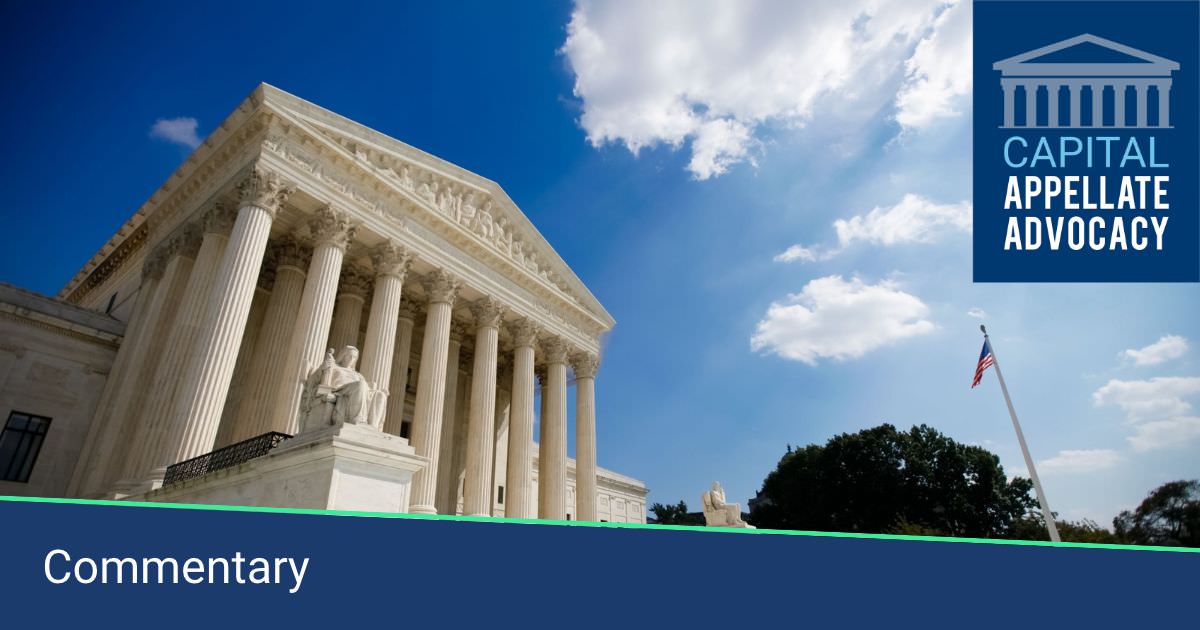Labor Department “Switcheroo” Gets No Respect From Supreme Court
According to Webster’s, a “switcheroo” is “an unexpected reversal or change.” When a federal department or agency pulls a switcheroo on the public or an industry by abruptly reversing a long-held interpretation of a key statutory phrase, there can be serious economic or other consequences for those who are affected. In an opinion issued on […]
Labor Department “Switcheroo” Gets No Respect From Supreme Court Read More »

